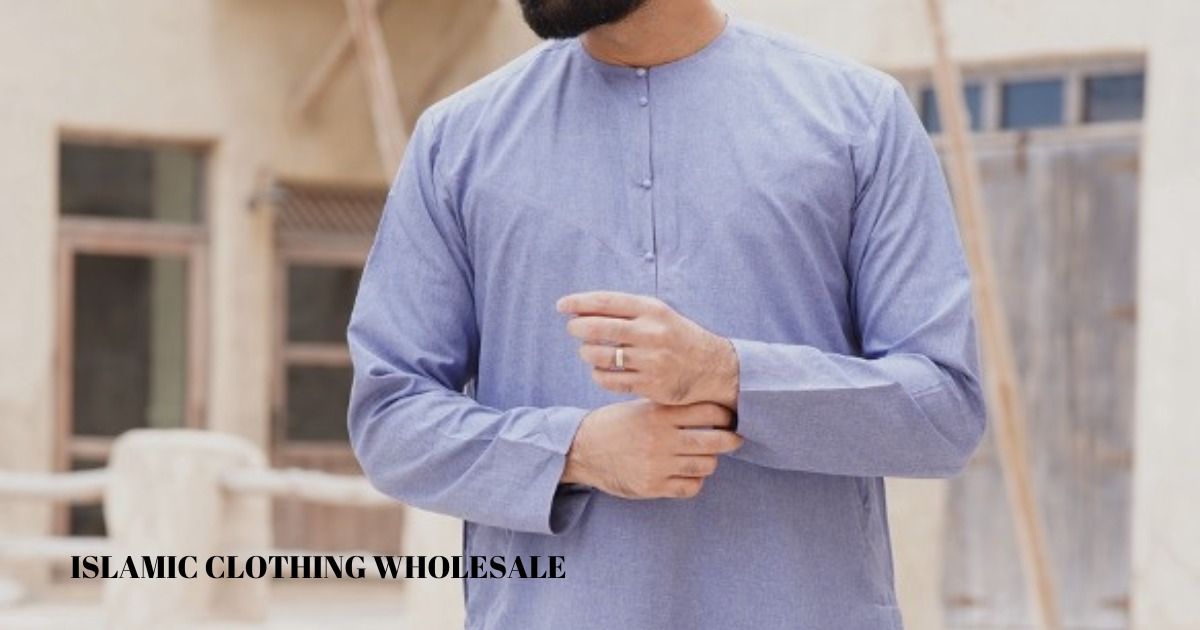How Can Islamic Clothing Empower Men?

Islamic apparel, such as kufis and thobes, empowers men by enabling them to express their beliefs and identity while abiding by modesty standards. This empowerment results from a strong bond with one's identity, religious principles, and cultural background. Let's examine the ways that Islamic apparel empowers males and hear personal accounts from those who feel strengthened and confident in their clothes.
Communicating One's Self and Religion
Cultural Reference Point
Men who wear Islamic clothes feel more connected to their religious and cultural roots. Wearing traditional clothing gives them a sense of pride and belonging while honoring their lineage and the lengthy history of their faith.
Devotion to Religion
Islamic attire demonstrates a commitment to modesty and humility as required by Islam and is a visible expression of religious commitment. This outward demonstration of faith upholds a man's morals and spiritual convictions.
Following the Guidelines for Modesty
Dignity and Moderation
A fundamental Islamic principle, modesty is emphasised in Islamic attire. For males, this entails dressing in loose-fitting attire that respects their religious beliefs and upholds their dignity.
Self-Respect and Confidence
Modest clothing can increase confidence and self-respect. Men feel more honest and true to themselves when they dress in a way that supports their ideals, which promotes empowerment.
Accounts of Self-Empowerment
Ahmed's Narrative: Honoring Customs
Despite his early reservations, Ahmed, a young professional, accepted the idea of wearing a thobe to work. His pride and confidence were bolstered by his colleagues' admiration for his dedication to his ancestry.
Bilal's Journey: Strength in Faith
As a college student, Bilal discovered that wearing a kufi and thobe gave him the strength to live a genuine life while being rooted in his faith and educating people about Islam.
The Experience of Youssef: Brotherhood and Unity
Entrepreneur Youssef saw that dressing in traditional Islamic garb made him feel more connected to other Muslim males and more like a brother. His beliefs also gave him a sense of empowerment.
Conclusion
Islamic clothing for men is more than just attire; it is a means of empowerment, allowing men to express their identity, uphold modesty, and connect with their faith and culture. Stories like those of Ahmed, Bilal, and Youssef highlight the confidence and strength that come from wearing traditional garments. Embracing Islamic clothing enables men to feel empowered and authentic, embodying their values and inspiring others through their example.
- 16 September 2024 In What Ways Does Cultural Heritage Influence Islamic Fashion Trends?
- 29 August 2024 What Trends in the Seasonal Clothing can be Adapted in the Islamic Clothing?
- 21 August 2024 What Role Does Art Play in the Evolution of Islamic Fashion?
- 16 August 2024 In What Ways is Technology Transforming Islamic Clothing Trends?
- 8 August 2024 How Can You Customize Your Islamic Wardrobe?
0 Comments
No comments yet